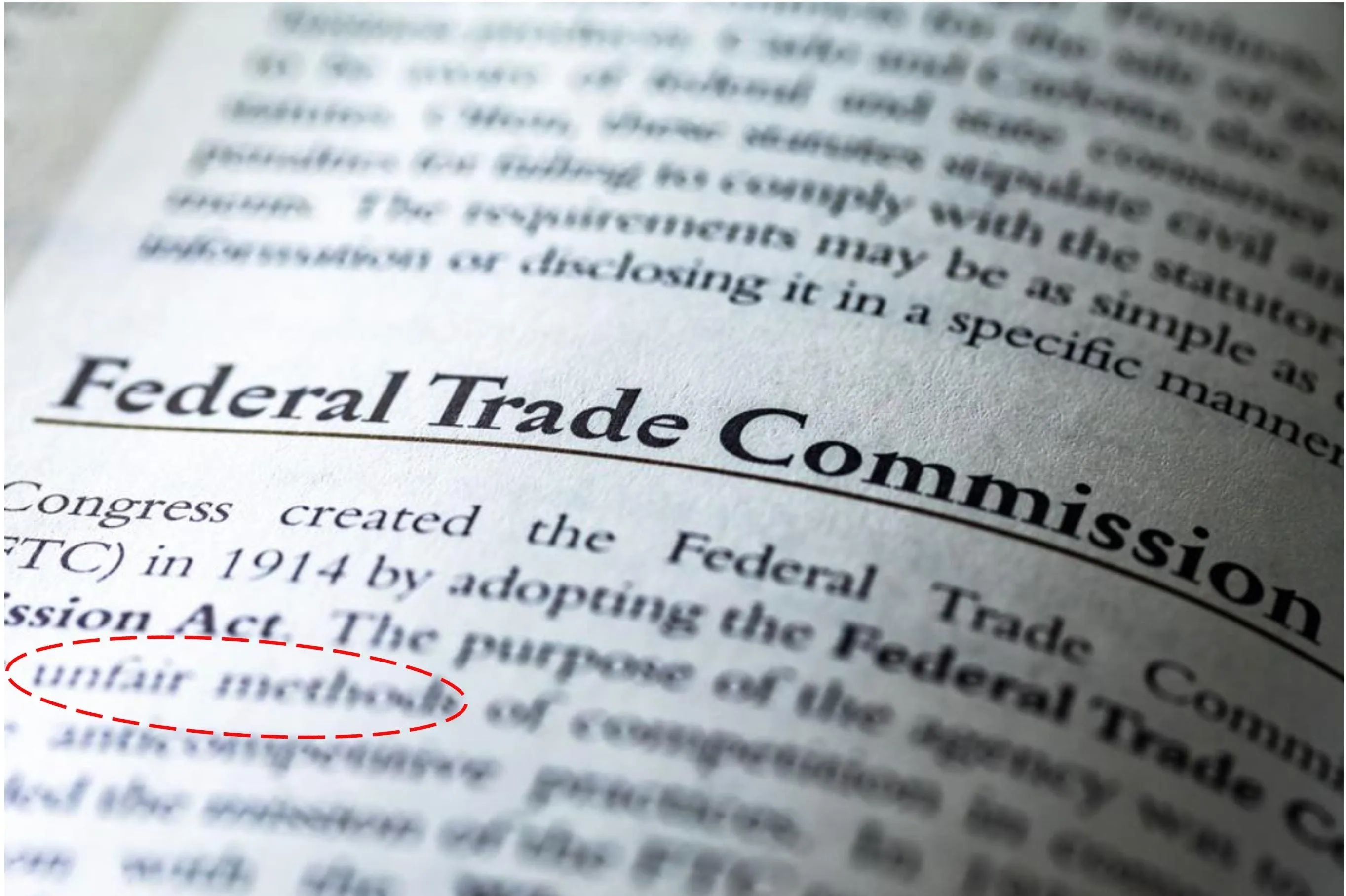FTC Investigation of Uber: Addressing Antitrust and Ridesharing Regulation

Understanding FTC's Role in Ridesharing Regulation
The FTC plays a crucial role in overseeing antitrust measures in various sectors, including the booming ridesharing market. Uber has been accused of deploying anti-competitive strategies that undermine fair competition, making it vital for the FTC to step in.
The Implications of Uber's Monopolistic Practices
- Effects on Drivers: Many drivers face unfair competition that puts their earnings at risk.
- Consumer Impact: Customers may suffer from reduced service quality and increased fares due to lack of competition.
- Need for Regulation: Establishing clear regulations can protect both consumers and drivers.
Conclusion: The Call for FTC Action
In light of the overwhelming evidence against Uber's monopolistic practices, an FTC investigation is urgently needed to restore balance in the ridesharing market.
This article was prepared using information from open sources in accordance with the principles of Ethical Policy. The editorial team is not responsible for absolute accuracy, as it relies on data from the sources referenced.